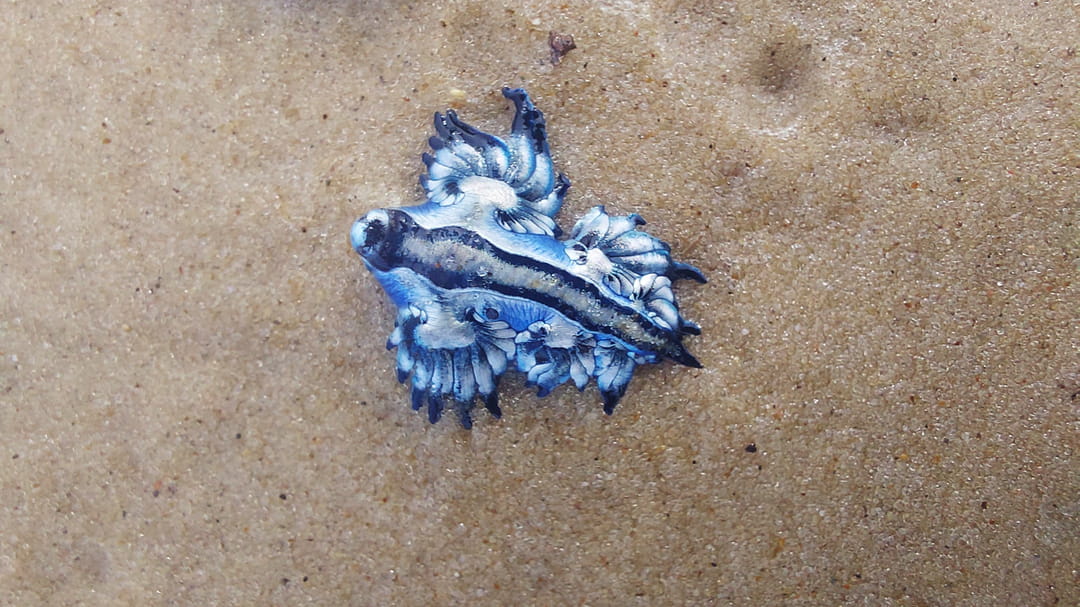Blue dragon alert on this popular holiday island: experts warn people not to approach it

It looks like a creature straight out of a fairy tale or a video game. With its mini-dragon silhouette, electric blue color, and shimmering wings, this venomous creature is one of the most astonishing species of marine fauna. Found in the temperate and tropical waters of the Indian and Pacific Oceans, it was recently spotted in the Mediterranean, on the beaches of this very touristy European island!
"It's an extremely rare organism," said the biologist who returned it to the water after its observation. Measuring no more than 3 centimeters long, this nudibranch gastropod, better known by its scientific name Glaucus , is carried by currents and winds beneath the water's surface and camouflages itself from aerial and aquatic predators thanks to its blue and white colors that blend into the sea. Thus, in the event of storms, it can (rarely) drift onto beaches.

It was a Spanish biologist, Gádor Muntaner, who discovered it at the beginning of the summer while sailing northwest of Mallorca, more precisely near the Serra de Tramuntana. "I have seen it in other countries, but we see very few of them in the Mediterranean, " she explained to the Spanish regional daily Última Hora . Indeed, its presence on the Balearic island had not been documented since 1705 while its last observation on the Spanish coast dates back to the island of Gran Canaria in 2024, more precisely on the beach of Los Dos Roques.
But as fascinating as it is and despite its small size, this little mollusk must be observed from a safe distance because its stinging abilities are formidable. The scientist told Última Hora that "The blue dragon is not venomous in itself, but by feeding on its prey (which are species usually dangerous to humans like the hydrozoan known as the "Portuguese physalia"), it accumulates poison in itself. So if it feels attacked, it reuses this venom for its own defense and can inflict a very powerful sting causing painful red welts on the skin and in the worst case, allergic shock.
Holidaymakers should not take any risks if they spot a blue dragon on a beach or floating on the surface of the water. They should keep their distance and definitely not touch it or handle it with a stick or shovel. In places where it was reported last year, Spanish authorities asked people not to enter the water to avoid contact.
L'Internaute





